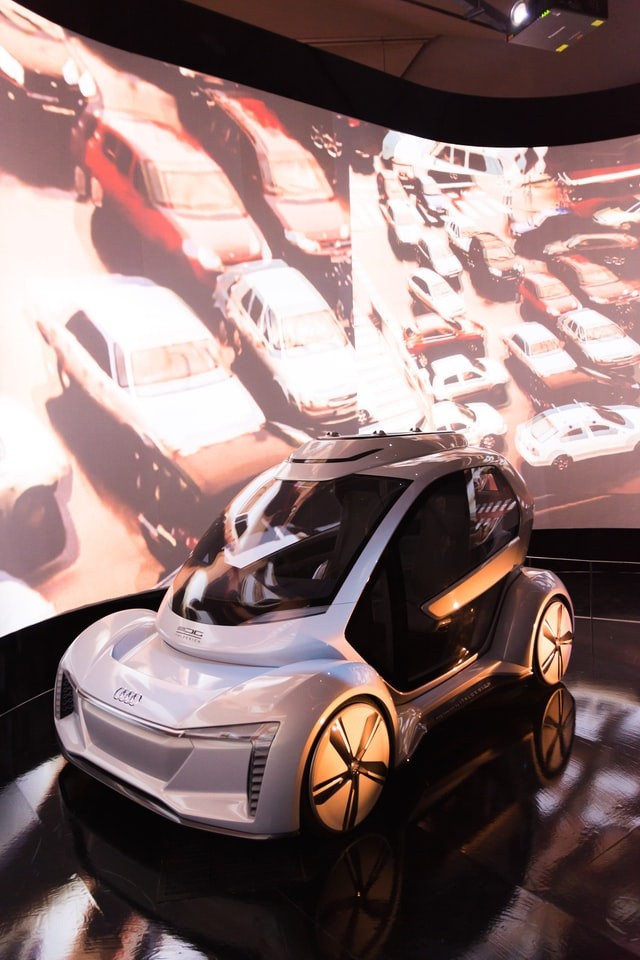How the World Is Catching Up with Science Fiction

Video chatting instead of phone calls were a staple of science fiction long before it became the everyday part of people's lives that it is today. Accessing a universal translator to help you understand another language is as easy as picking up your phone. Even the word cyberspace was invented by a science fiction writer, William Gibson, in the early 1980s. Sometimes it seems like the world is changing so fast that science fiction can't keep up. Of course, there are still plenty of innovations that remain far in the future if they ever happen at all. Space voyages to other planets, cryogenic chambers that put people to sleep for months or years at a time, and the mechanics of time travel all remain firmly in the realm of fiction-for now. However, there are plenty of innovations today that would have seemed unlikely just a couple of decades ago.
Technology in Health Care
In science fiction movies, we see all kinds of unimaginable medical advances, but the medical field has had some stunning innovations in recent decades in the real world as well. For example, surgery can now be performed with the assistance of robots or even remotely, with the surgeon far away from the operating room. The rise of telehealth is another of these innovations. This has made healthcare more accessible for many. One of the ways it can improve healthcare for the better is in its use with college students. Telehealth can make it easier for students to check in with medical professionals about symptoms they are experiencing or other health concerns without making an appointment and going into an office. Remote monitoring is another important aspect of health care. People can have their blood pressure and other vitals checked instead of having to visit a clinic.
Driverless Cars
Science fiction has been predicting driverless cars for a long time, and a number of companies have been working for several years to develop them. Unlike a lot of other technological advances that have made it from the minds of science fiction creators into reality, these vehicles introduce a surprising number of technical, legal and even philosophical issues that must be resolved before they can be widely used. For vehicles to be able to operate without any human assistance, they will need to make complex calculations and decisions. Some of those decisions have serious ethical ramifications if the vehicle has to choose between several options that will all result in some degree of injury or death. There will also be state and federal regulations to work out, so it's unlikely you'll be able to let your driver's license lapse anytime soon.
Artificial Intelligence
Plenty of science fiction movies, books and TV shows have probed the implications of artificial intelligence, and it is usually in a cautionary way. In real life, AI is used in everything from smart homes to data analysis to online shopping and more, including telehealth and driverless cars. It can beat people in chess, but it can't quite replicate a human when interactions get more complex, so the hostile AI takeover you might have seen happen in movies is likely to remain in the realm of fiction even as AI continues to enhance our lives.
Subscribe to Latin Post!
Sign up for our free newsletter for the Latest coverage!
















